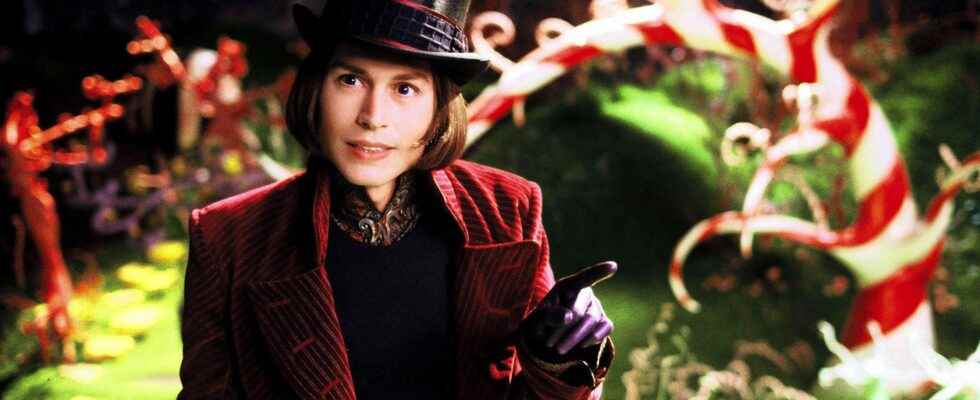The Puffin publishing house has announced new versions of children’s novels by Roald Dahl, author among others of Charlie and the Chocolate Factory, Matilda Or Fantastic Master Fox. Several hundred edits supposedly evolve his language so that audiences, according to Puffin, are likely to “continue to enjoy them today”. To believe that these novels would sink into oblivion because Augustus Gloop is “big” instead of “huge”, or that the Oompa Loompa are too gendered. Not only is this wrong, but it is dangerous.
First error: to think that children of age to read Dahl would like to see in it the corpus of benevolent education and gender theories that fills the bookstores of their parents. It’s thinking in their place, therefore, or at the very least wanting to corset their imagination with our good conscience as adults. All while making the words of this formidable writer no longer the center, but the variables of a cultural replacement agenda… doomed to be replaced in turn. Indeed, following this logic, today’s political correctness will be tomorrow’s offense.
Second error: to think that children exposed to this semantic hygienism will be spared, even briefly, from the turpitudes of our world. Better: that thanks to this, they will not contribute to it as adults. This is a distressing view of children’s literature. Read Donkey Skin, Pinocchioor Roald Dahl, is to expose oneself to cruelty and injustice (much more shocking, by the way, with adult eyes!), but for fake. It is to experience the violence of the world, but to better understand it, to support it when it happens, and this without leaving feathers behind. Language and imagination are both a gateway to the world of adults, and a bumper. Sanitize it, and the door will be smaller, and the shock more brutal.
Matilda rather than Veruca
Third mistake, the one that enrages the Matilda in me: thinking that it’s the work that must go to its audience, even as a child. It’s quite the opposite ! In Matilda, the heroine is constructed by… reading, a transgressive pastime which earns her the contempt of her parents, who prefer television. Fortunately, the child was not content with parental prescriptions for entertainment. Matilda didn’t wait for censorship, adapted to what adults imagine to be her tastes, to start reading. She will create her own ethics and values, which will help her triumph over the cruelty of the world. If she is a heroine, it is precisely because she is constantly confronted with adversity, and her first act of bravery is to open a book.
On the contrary, Veruca Salt, the spoiled little girl of Charlie and the chocolate factory, is the negative: her parents never say no and preserve her from all contradictions and shocks, until she wins the Golden Ticket. Willy Wonka is quick to get rid of it, preferring the pure heart of Charlie, who comes from a humble background and who has been offered nothing but the affection of his family. And the Oompa Loompa to sing: “Who rotted this young girl/Giving in to all her desires?/Who made a real plague of her?/Where are the culprits?/Who is it?”
The answer will be difficult for our benevolent censors to hear: “The people in charge, but what a mess / It’s mom, and dear dad!” Because yes: redacting Dahl’s text has a slim chance (sorry) of saving the Augustus Gloops of this world from jeers. On the other hand, the Matilda of tomorrow will have to redouble their genius to triumph over the Veruca.
